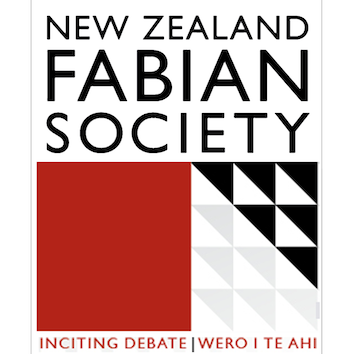|
This year’s Bruce Jesson Lecture will focus on New Zealand’s need for investigative journalism – by someone once described as “New Zealand’s leading investigative journalist”.
Nicky Hager, who will present the lecture at Auckland University on 31 October, has been a fulltime writer for more than 20 years and is the sole New Zealand member of the Washington-based International Consortium of Investigative Journalists.
His first book, Secret Power (1996), exposed New Zealand’s role in the international surveillance network Echelon.
Seeds of Distrust, on how Helen Clark’s Government covered up the contamination of corn crops by genetically modified seeds, created a political storm when it came out just before the 2002 election.
The Hollow Men (2006), detailing thousands of internal emails and meetings in the National Party before the 2005 election, precipitated Don Brash’s resignation as National leader.
His latest book, Other People’s Wars (2011), uses leaked military and intelligence documents and interviews with key players to reveal the true extent of New Zealand’s involvement in the US-led “War on Terror”.
Hager’s Jesson lecture, “Investigative journalism in the age of media meltdown: from National Party Headquarters to Afghanistan”, will look at “why New Zealand needs investigative journalism, how it is done, and what it will take to have more of it”.
“I am keen to use the opportunity of this lecture to talk widely about the state of politics in New Zealand today, bringing together ideas that have been underlying and running through what I've been writing about New Zealand and politics for years,” he says.
“My belief is that we don't talk enough about why things are like they are and a Bruce Jesson lecture is an ideal opportunity for this.”
“I will then look at the role and potential of investigative journalism, in the context of considering what is needed to improve politics in this country.”
The annual Bruce Jesson Lecture is organised by the Bruce Jesson Foundation in memory of Bruce Jesson (1944-99), another great investigative journalist who, like Hager, worked mainly as an independent writer without any regular wage or salary for most of his life.
The lecture will be at Auckland University’s Maidment Theatre at 6.30pm on Wednesday 31 October. Admission by donation, bar open from 5.30pm. More details: www.brucejesson.com
|
